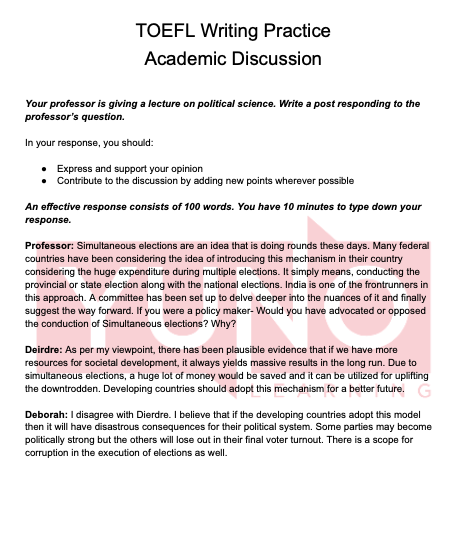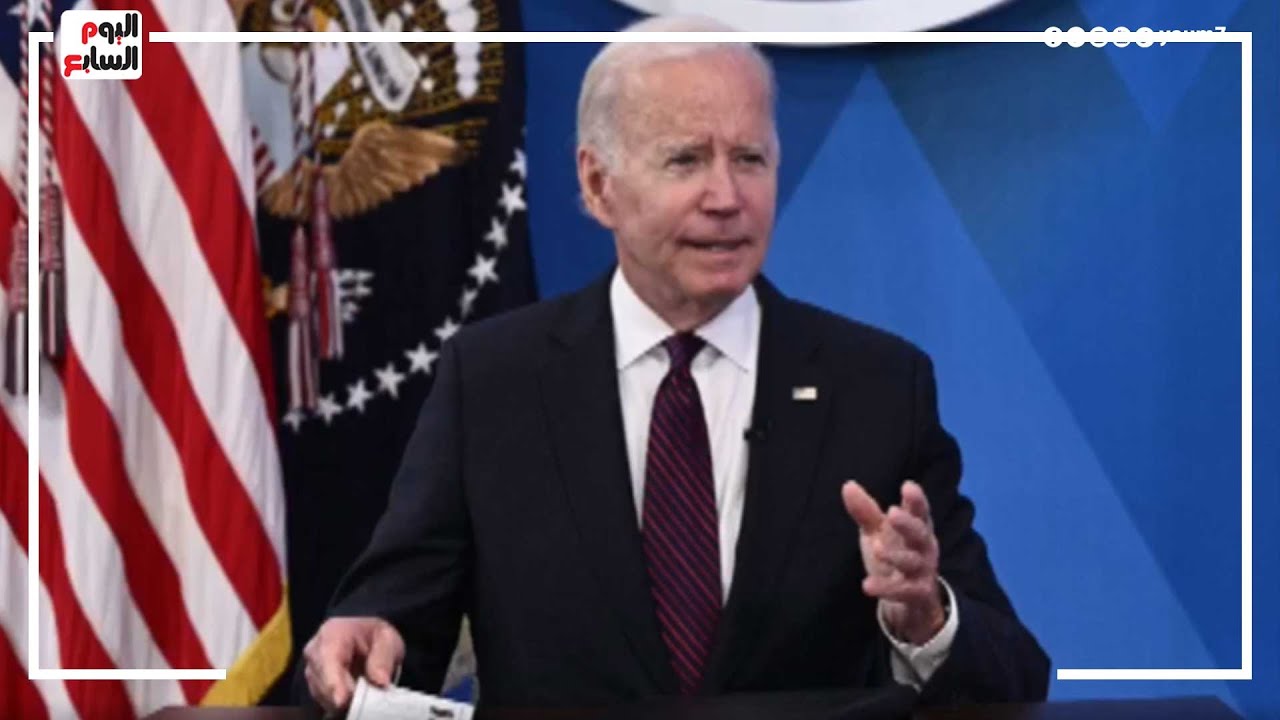Breaking Bread With Scholars: A Guide To Meaningful Academic Discussion

Table of Contents
Active Listening: The Foundation of Meaningful Academic Discussion
Active listening is the bedrock of any meaningful academic discussion. It's not simply hearing words; it's about deeply understanding the speaker's perspective, both the explicit message and the underlying nuances. Without active listening, academic discourse becomes a series of monologues, rather than a dynamic exchange of ideas. Effective critical listening ensures you grasp the speaker’s argument fully before forming your own response.
Here are some techniques to cultivate active listening:
- Pay attention to verbal and nonverbal cues: Notice not only what is said, but also how it's said – tone of voice, body language, and facial expressions can all convey significant meaning.
- Summarize and paraphrase: Restate the speaker's points in your own words to demonstrate comprehension and ensure you haven’t misconstrued their message. This also shows empathy and encourages further elaboration.
- Ask clarifying questions: If something is unclear, don't hesitate to ask for clarification. Thoughtful questions show engagement and help to avoid misunderstandings. Remember, there's no such thing as a "stupid question" in a genuine pursuit of understanding.
- Withhold judgment and maintain an open mind: Approach each speaker's perspective with an open mind, reserving judgment until you fully understand their argument. This fosters a respectful environment and encourages open communication.
Participating Respectfully: Navigating Disagreement in Academic Discussions
Meaningful academic discussion often involves disagreements, and these disagreements are not inherently negative. In fact, respectful disagreement is crucial for intellectual growth. It allows for the exploration of multiple perspectives and the strengthening of one's own arguments through critical examination. The key is to navigate these differences constructively, focusing on the ideas rather than the individuals expressing them.
Strategies for expressing disagreement constructively include:
- Focus on ideas, not personalities: Keep the discussion focused on the merits of the arguments themselves, avoiding personal attacks or ad hominem arguments.
- Use "I" statements: Express your opinions using "I" statements to own your perspective without placing blame or making accusations ("I disagree with this point because…" instead of "Your argument is wrong because…").
- Back up claims with evidence and reasoning: Support your assertions with credible evidence and logical reasoning, strengthening the persuasiveness of your contributions to the academic debate.
- Acknowledge the validity of opposing viewpoints: Even when disagreeing, acknowledge the merits or potential validity of other perspectives. This shows intellectual humility and fosters a more productive exchange. This promotes civil discourse within the academic setting.
Contributing Effectively: Sharing Insights and Asking Thoughtful Questions
Contributing meaningfully to a meaningful academic discussion requires preparation and thoughtful engagement. It’s not enough to simply be present; you need to actively participate by sharing insightful comments and posing stimulating questions.
Tips for formulating insightful contributions:
- Prepare beforehand: Reading relevant materials before the discussion ensures you are well-informed and can contribute to the conversation effectively.
- Connect your ideas to the broader academic conversation: Relate your points to existing research and theories, demonstrating your understanding of the larger context.
- Offer well-supported arguments and evidence: Base your contributions on sound evidence and logical reasoning, avoiding unsubstantiated claims or generalizations.
- Ask open-ended questions: Instead of asking questions that can be answered with a simple "yes" or "no," formulate open-ended questions that encourage further exploration and discussion, stimulating further intellectual engagement.
Beyond the Classroom: Applying Meaningful Academic Discussion Skills in Real-World Settings
The skills honed through meaningful academic discussion extend far beyond the classroom. They are highly transferable to various aspects of professional and personal life. These skills are vital for professional development.
Examples of real-world applications:
- Workplace meetings: Effective communication and respectful disagreement are crucial for productive team collaboration.
- Conferences and presentations: Engaging in thoughtful discussions with colleagues and experts expands knowledge and understanding.
- Online forums and discussions: Contributing to online discussions allows for engagement with a wider academic community.
- Community discussions and debates: Applying active listening and respectful disagreement improves civic engagement. This helps to improve your communication skills in general.
Mastering the Art of Meaningful Academic Discussion
In summary, mastering meaningful academic discussion hinges on active listening, respectful disagreement, effective contribution, and the ability to apply these skills in various contexts. These are not merely academic exercises; they are crucial tools for personal and professional growth, sharpening your critical thinking and fostering intellectual growth. Start practicing active listening in your next seminar! Mastering meaningful academic discussion is a journey, but with dedication, you can transform your learning experience and excel in your academic pursuits. Seek out opportunities for engaging in meaningful academic discussion and continue to refine your communication skills within academic settings and beyond.

Featured Posts
-
 The Long Walk Trailer Breakdown Exploring Kings Dystopian World
May 08, 2025
The Long Walk Trailer Breakdown Exploring Kings Dystopian World
May 08, 2025 -
 The Next Pope Examining The Candidate Dossiers
May 08, 2025
The Next Pope Examining The Candidate Dossiers
May 08, 2025 -
 Ps Zh Vs Aston Villa Analiz Vsikh Matchiv U Yevrokubkakh
May 08, 2025
Ps Zh Vs Aston Villa Analiz Vsikh Matchiv U Yevrokubkakh
May 08, 2025 -
 The Kashmir Issue Analyzing The Risks And Implications For War Between India And Pakistan
May 08, 2025
The Kashmir Issue Analyzing The Risks And Implications For War Between India And Pakistan
May 08, 2025 -
 2 1
May 08, 2025
2 1
May 08, 2025
Latest Posts
-
 Aljdl Mstmr Alshmrany Ythdth En Antqal Jysws Lflamnghw
May 09, 2025
Aljdl Mstmr Alshmrany Ythdth En Antqal Jysws Lflamnghw
May 09, 2025 -
 Thlyl Tsryhat Jysws W Rd Alshmrany Hwl Alantqal Lflamnghw
May 09, 2025
Thlyl Tsryhat Jysws W Rd Alshmrany Hwl Alantqal Lflamnghw
May 09, 2025 -
 Jayson Tatum On Grooming Confidence And His Significant Coaching Relationship With Essence
May 09, 2025
Jayson Tatum On Grooming Confidence And His Significant Coaching Relationship With Essence
May 09, 2025 -
 Alshmrany Tfasyl Jdydt Hwl Antqal Jysws Lflamnghw Fydyw
May 09, 2025
Alshmrany Tfasyl Jdydt Hwl Antqal Jysws Lflamnghw Fydyw
May 09, 2025 -
 Grooming Confidence And Coaching Jayson Tatums Essence Driven Success
May 09, 2025
Grooming Confidence And Coaching Jayson Tatums Essence Driven Success
May 09, 2025
